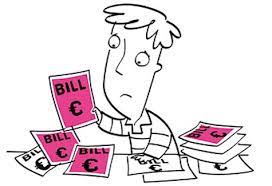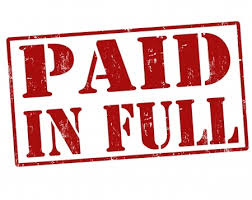 May 2024
May 2024
When a condominium owner chooses not to pay their condo fees, the corporation can file a lien for unpaid common charges.
A lien can remain with a property for years and require repayment before the property can be sold.
The condominium corporation may choose to sue the unit owner for money owed or commence a foreclosure action forcing the property to be sold so the debt can be repaid.
If the property has a mortgage and a lien has been filed, the lender does not get paid until after the condominium corporation receives its funds. To clear a lien, the lender may choose to pay outstanding monies. Their agreement with the mortgagee likely gives them this right and may consider nonpayment of condo fees to be a default of the mortgage. This may allow the mortgage holder to take control of the property.
When a condominium owner fails to pay their fees, management may choose to withhold services. They may disconnect access to a building’s intercom system or refuse to make calls announcing visitors to the unit. Guests may not be allowed to enter the building unless the unit resident meets them in the lobby. Packages may not be accepted. Fobs used to access the building, common areas or amenities may be deactivated.
Condominium corporations have no authority to terminate a lease or evict tenants.








